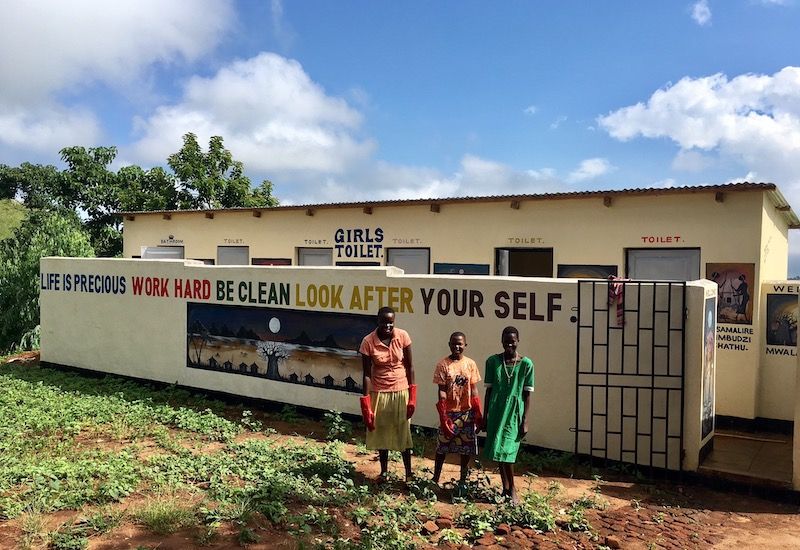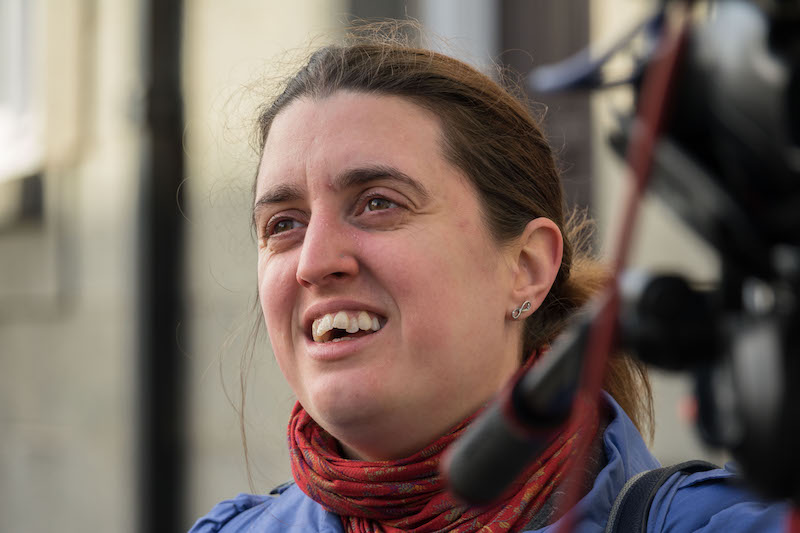

Guernsey's overseas giving will increase from 0.1% of GDP, which currently amount to around £3m. a year, to 0.2% in the next decade.
The States approved the proposals from the Overseas Aid & Development Commission and the new funding model will be built into the medium term financial plan in the years to come.

OADC President Emilie Yerby said the proposals would improve Guernsey's standing in the world and further extend the good work being done overseas.
Overseas aid will increase by inflation only for the next couple of years, while the aim will be to give a proportion of any States surpluses towards overseas giving while the new strategy is being drawn up.
How the next overseas aid strategy will work
Small grants - Around 30 grants of up to £50,000 each will be made annually, predominantly to small charities working to meet basic needs. The smaller number of grants (compared to approximately 80 per annum at present) will allow more rigorous due diligence and oversight to take place.
Large grants - A new development which will see the commission co-funding a small number of multi-year projects (generally six a year) alongside larger institutional donors, to make long-term, sustainable changes within developing communities.
Emergency relief and community partnerships - The commission will continue to fund disaster and emergency relief and community partnerships, generally match-funding initiatives, with some small revisions to its current approach. The creation of a programme area for skills-based will develop partnerships with businesses and volunteers through which they can share their skills and expertise with their professional counterparts in developing countries.
Education - The commission intends to allocate a small amount within its budget for on-Island education and communication in relation to international development. This could range from supporting the States of Guernsey Big Curriculum to providing work experience or internship opportunities.
Pictured top: One of the projects supported by overseas aid. Latrine and sanitation facilities for girls were built at a school in Blantyre, Malawi in order to encourage more girls to get a good education.
Comments
Comments on this story express the views of the commentator only, not Bailiwick Publishing. We are unable to guarantee the accuracy of any of those comments.